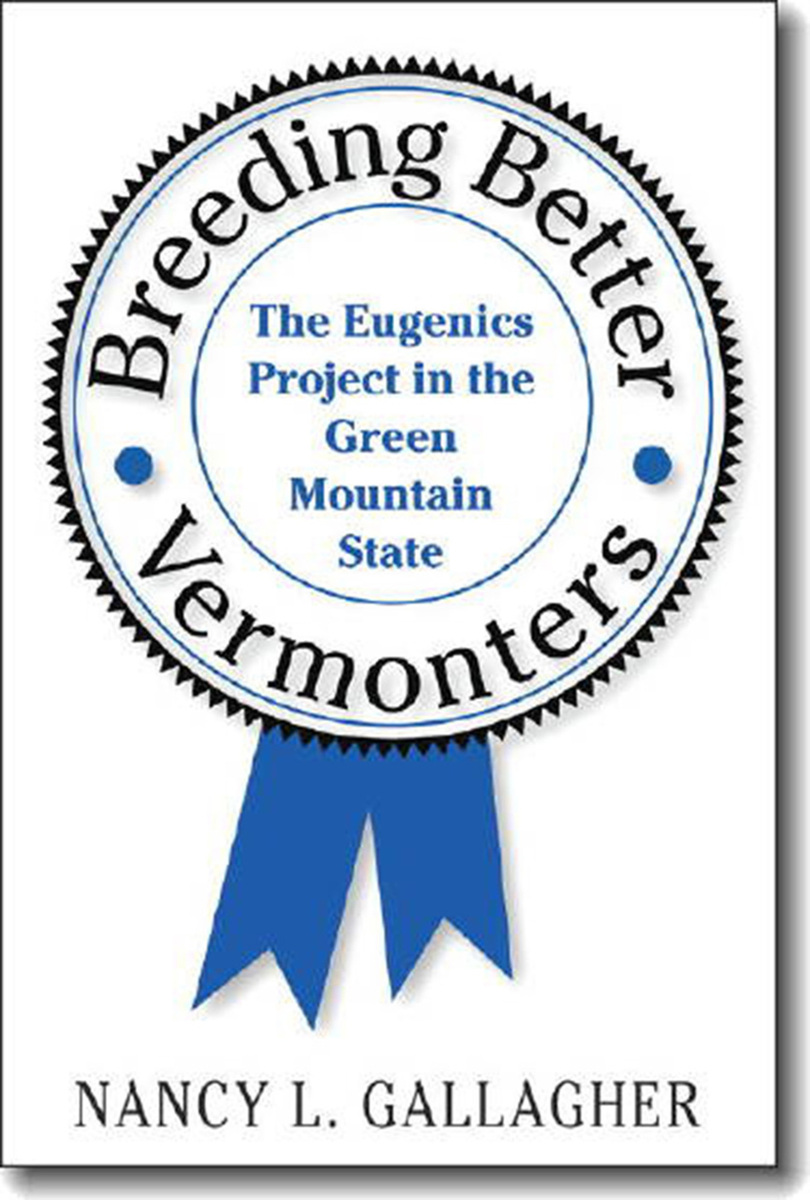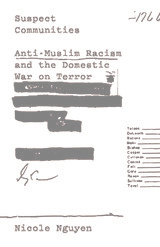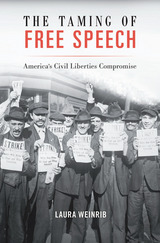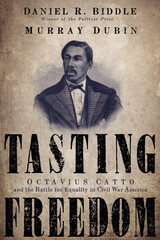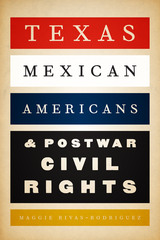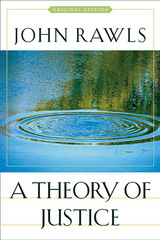Breeding Better Vermonters: The Eugenics Project in the Green Mountain State
Brandeis University Press, 1999
Paper: 978-0-87451-952-5
See other books on: Ethics | Medical | Social Science | Sociology
See other titles from Brandeis University Press
Paper: 978-0-87451-952-5
ABOUT THIS BOOK | AUTHOR BIOGRAPHY | REVIEWS
ABOUT THIS BOOK
Eugenics -- the study of human racial progress through selective breeding -- frequently invokes images of social engineering, virulent racism, immigrant persecution, and Nazi genocide, but Vermont's little known adventure in eugenics shows the inherent adaptability of eugenics theory and methods to parochial social justice. Beginning with genealogies of Vermont's rural poor in the 1920s, and concluding in the 1930s with an exposé of ethnic prejudice in Vermont's largest city, this story of the Eugenics Survey of Vermont explores the scope, limits, and changing interpretations of eugenics in America and offers a new approach to the history of progressive politics and social reform in New England. Inspired and directed by Zoology Professor Henry F. Perkins, the survey, through social research, political agitation, and education campaigns, infused eugenic agendas into progressive programs for child welfare, mental health, and rural community development. Breeding Better Vermonters examines social, ethnic, and religious tensions and reveals how population studies, theories of human heredity, and a rhetoric of altruism became subtle, yet powerful tools of social control and exclusion in a state whose motto was "freedom and unity."
See other books on: Ethics | Medical | Social Science | Sociology
See other titles from Brandeis University Press
